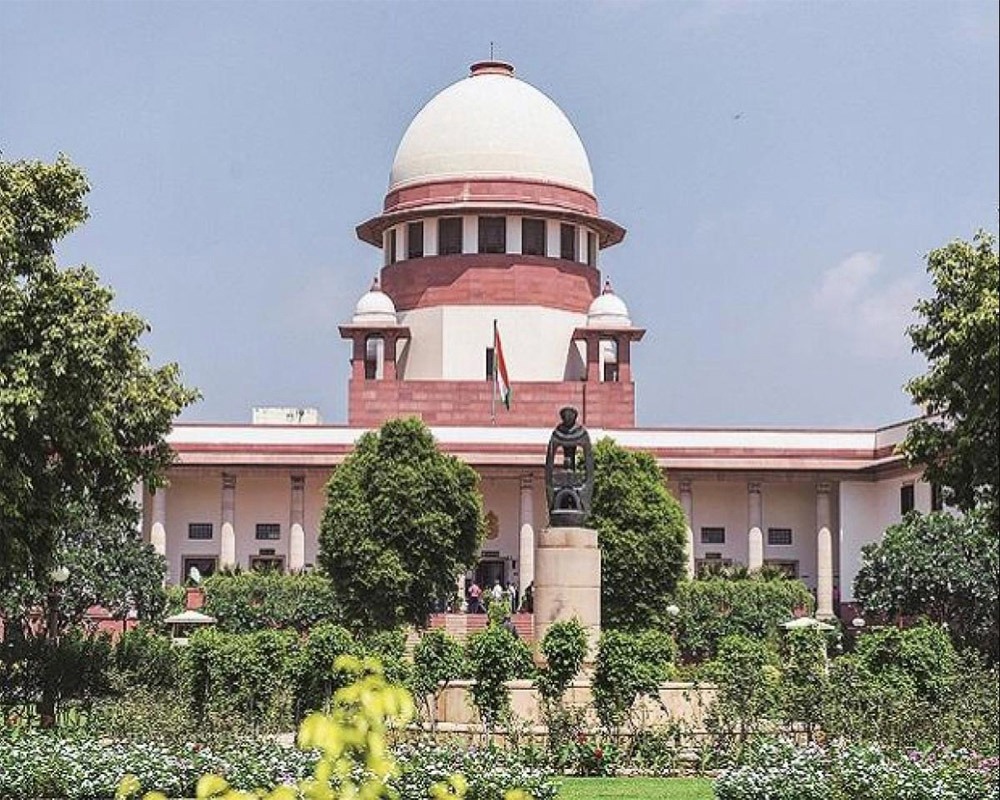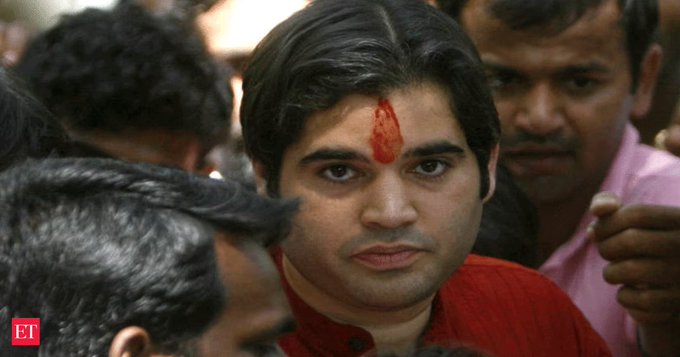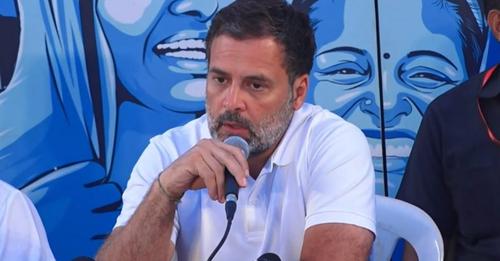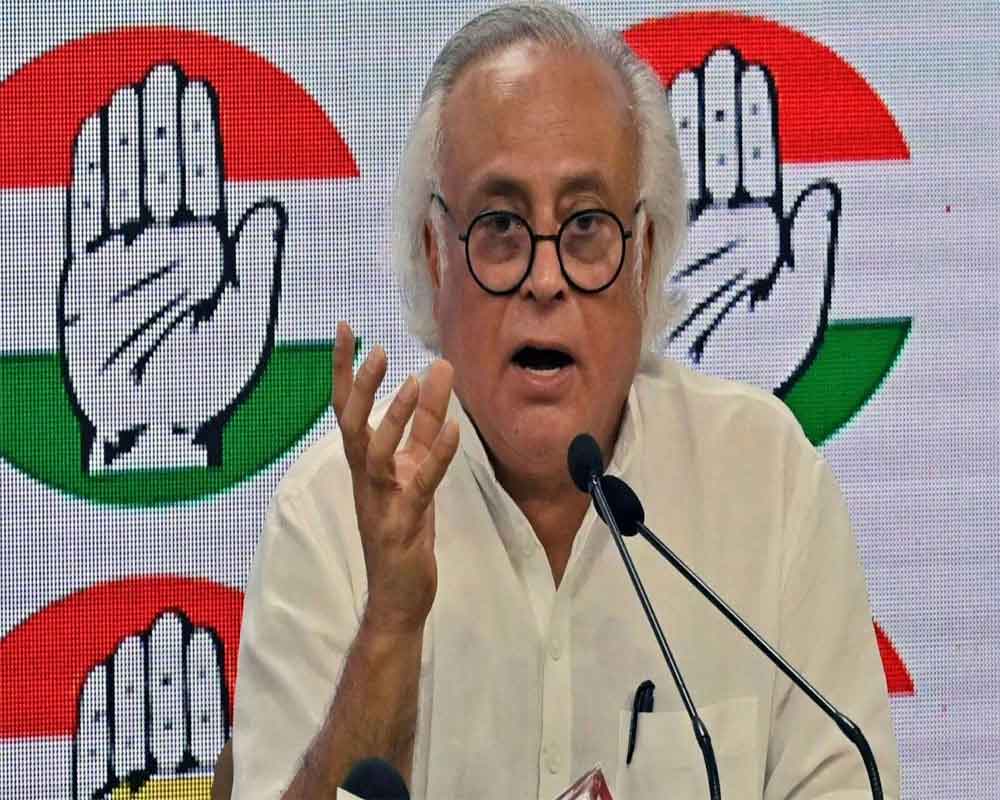Leader of Opposition in the Assam Legislative Assembly Debabrata Saikia filed an Interlocutory Application (IA) before the Supreme Court challenging the Rules of implementing the Citizenship Amendment Act (CAA) published by the Ministry of Home Affairs. Saikia also challenged the Citizenship (Amendment) Act, 2019
 KRC TIMES Assam Bureau
KRC TIMES Assam Bureau

Leader of Opposition in the Assam Legislative Assembly Debabrata Saikia filed an Interlocutory Application (IA) before the Supreme Court challenging the Rules of implementing the Citizenship Amendment Act (CAA) published by the Ministry of Home Affairs. Saikia also challenged the Citizenship (Amendment) Act, 2019.
“The Rules, as their parent Act, make religion and country-based classification which fails the”manifest arbitrariness” test laid down in Shayara Bano V Union of India (2017) 9 SCO 1 in that “it is not fair, not reasonable, discriminatory, not transparent, capricious, biased, with favouritism or nepotism and not in pursuit of promotion of healthy competition and equitable treatment.” Thus, the normal rule of presumption of constitutionality of a statue does not apply in the present case,” Saikia mentioned in his IA.
The Leader of Opposition further pointed out that the Rules are in violation to Article 14 of the Constitution.
“The Rules violate Article 14 of the Constitution, which guarantees equality to all persons: citizens and foreigners. Differentiating between the people along religious lines, especially when it comes to citizenship issues, would be in violation of the Constitution,” he stated.
Saikia also added that the Rules for the Citizenship Amendment Act is also a contravention of Clause 6 of the Assam Accord.
By granting citizenship to non-Muslim illegal migrants who came to India from Afganistan, Bangladesh and Pakistan before 31 December 2014, the Act contradicts the Assam Accord of 1985, Saikia stated.
“It is respectfully submitted that this is an attempt to destroy the fragile ethnicity and socio-economic fabric of the State of Assam,” he added.
Seeking a stay on the implementation of the Rules, Saikia said in his IA, “…it is respectfully submitted that since the impugned Act was enacted in 2019 and not implemented for the past four and a half years no prejudice will be caused if its implementation is deferred till the final decision of this Honourable Court no in the present Writ Petition.”
On Monday evening, the Union Home Ministry notified rules for implementation of the Citizenship Amendment Act (CAA), days ahead of the announcement of the Lok Sabha elections schedule.
The Act aims to provide Indian citizenship to persecuted non-Muslim migrants – including Hindus, Sikhs, Jains, Buddhists, Parsis, and Christians – who migrated from Bangladesh, Pakistan, and Afghanistan and arrived in India before December 31, 2014.






